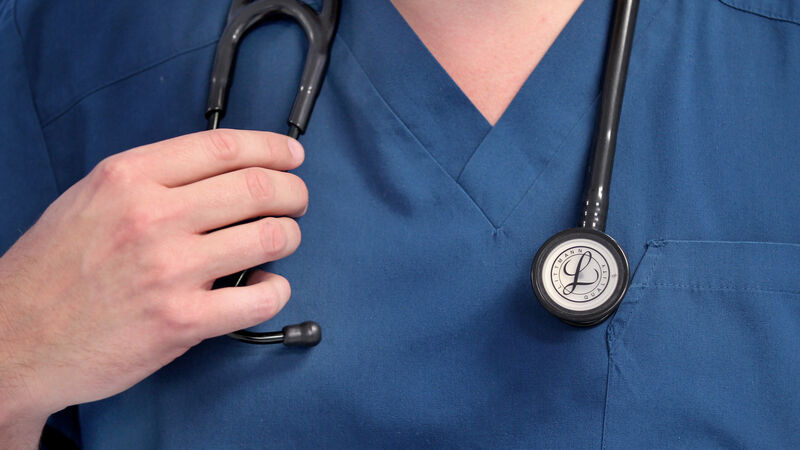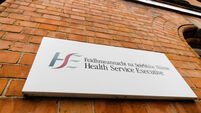100 assaults on hospital staff recorded every month, but unions warn of under-reporting

The lack of progress in reducing these assaults is a major concern for the INMO, according to Phil Ní Sheaghda.
The HSE is recording 100 assaults on health staff in its hospitals every month, but unions have warned the figure is much higher.
According to the HSE's internal National Incident Management System (Nims), there had been 1,210 assaults of varying severity up to the middle of December — including two classed as "major".
That means they led to "major injuries/long-term incapacity or disability (loss of limb) requiring medical treatment and/or counselling; impaired psychosocial functioning greater than six months".
However, unions representing both nurses and doctors say the true scale of aggression to health staff is under-reported.
Phil Ní Sheaghda, of the Irish Nurses and Midwives Organisation (INMO), said the HSE's figures do not take in Section 38 facilities.
She also claimed the union's figures, compiled through Freedom of Information requests, show the 1,210 figure on Nims falls well short of the reality.
“Over 2,345 nurses and midwives were verbally, physically, or sexually assaulted in just the first eight months of the year.
"We know that many incidents go unreported. The lack of progress in reducing these assaults is a major concern for the INMO."
She said the conditions her members work in — particularly in overcrowded and understaffed wards — can create a pressure-cooker atmosphere, increasing the risk of assaults.
"Nurses and midwives, as the healthcare workers who interact most frequently with the public, often bear the brunt of frustration over long waiting times and poor conditions.
"Hospitals are not just places of care; they are also workplaces. We need to know what measures are being put in place to protect a largely female work force.
"Employers have a responsibility to provide a safe working environment. With persistent overcrowding and a de-facto recruitment ban in place, this is impossible.”
Dr Mick Molloy, of the Consultant Council of the Irish Medical Organisation, said the issues come down to a number of factors.
"The numbers could be a lot higher given what we see on wards and in [emergency departments].
"Some of it is not intentional, but are part of the patient's state of mind. But, from a staff perspective, it is disappointing that very few of these cases end up being a successful prosecution.
"Some people aren't filling out the paperwork because they think nothing will come of it. In some hospitals, you don't get feedback on what the form filling actually meant. So, there's a resourcing issue with security, but part of it is follow through. Any form of prosecution is extremely rare."
A HSE spokesperson said that ensuring the safety of employees and service users is "a priority concern for the HSE".
"The HSE is committed to creating a safe environment within which to work or to be treated. The organisation will continue to place an emphasis on the management of work-related aggression and violence to support the organisation’s strategy and policy.
"The HSE has long been proactive in encouraging staff to report all incidents and this is enshrined in the corporate safety statement, violence and aggression policy, and incident management framework and guidance."
The figures take in all "physical, verbal, and sexual assaults on staff that have been reported on Nims in HSE hospitals".
The majority of reported incidents are negligible, accounting for 81.74%. Moderate incidents were 4.30%, minor incidents were 13.80%, and major incidents constituted 0.16%.
There were no reported extreme incidents, which are classed as death or permanent disability.





